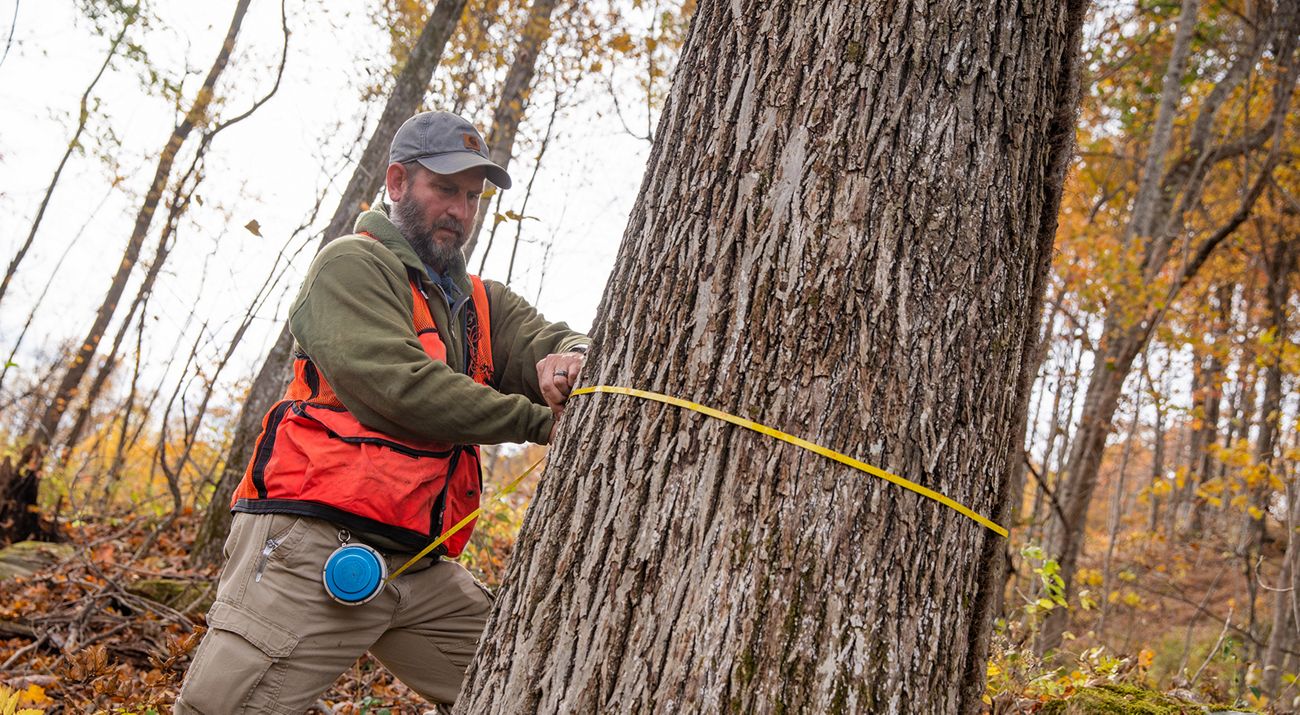Statement on General Assessment of the Role of Agriculture and Forestry in U.S. Carbon Markets
U.S.D.A. report shows progress towards helping farm, ranch and forest landowners access the voluntary carbon market
Media Contacts
-
Adrienne Egolf
Associate Director of Communications
Natural Climate Solutions
Email: aegolf@tnc.org
This week the United States Department of Agriculture (U.S.D.A.) released a new report: General Assessment of the Role of Agriculture and Forestry in U.S. Carbon Markets. This report highlights the critical role that U.S. farmers, ranchers and forest landowners can play in using natural climate solutions to fight climate change. The Nature Conservancy applauds the U.S.D.A for this forward momentum in implementing the Growing Climate Solutions Act, federal legislation passed in 2022 to support the agriculture and forestry sectors’ efforts to participate in the voluntary carbon market.
The following is a statement by Alix Murdoch, senior policy advisor for The Nature Conservancy:
“In issuing this robust report, the U.S.D.A. makes important progress toward addressing the challenges that many landowners face when it comes to accessing the voluntary carbon market so they can implement natural climate solutions.
Natural climate solutions, such as improved forest management and agroforestry, are crucial for mitigating the worst impacts of climate change. Combined with cutting emissions and accelerating renewable energy, natural climate solutions offer immediate and cost-effective ways to tackle the climate crisis—while also supporting people and the planet.
The voluntary carbon market is a necessary tool to fund these solutions and can offer rural landowners and owners of small, family forests additional money by paying for sustainable farming, ranching and forestry practices. To make the most of the voluntary carbon market and ensure maximum impact for the climate, landowners need access to reliable, science-based resources. This report is evidence that the U.S.D.A. is taking steps toward providing landowners with the tools they need for success.”
The Nature Conservancy is a global conservation organization dedicated to conserving the lands and waters on which all life depends. Guided by science, we create innovative, on-the-ground solutions to our world’s toughest challenges so that nature and people can thrive together. We are tackling climate change, conserving lands, waters and oceans at an unprecedented scale, providing food and water sustainably and helping make cities more resilient. The Nature Conservancy is working to make a lasting difference around the world in 81 countries and territories (40 by direct conservation impact and 41 through partners) through a collaborative approach that engages local communities, governments, the private sector, and other partners. To learn more, visit nature.org or follow @nature_press on X.
